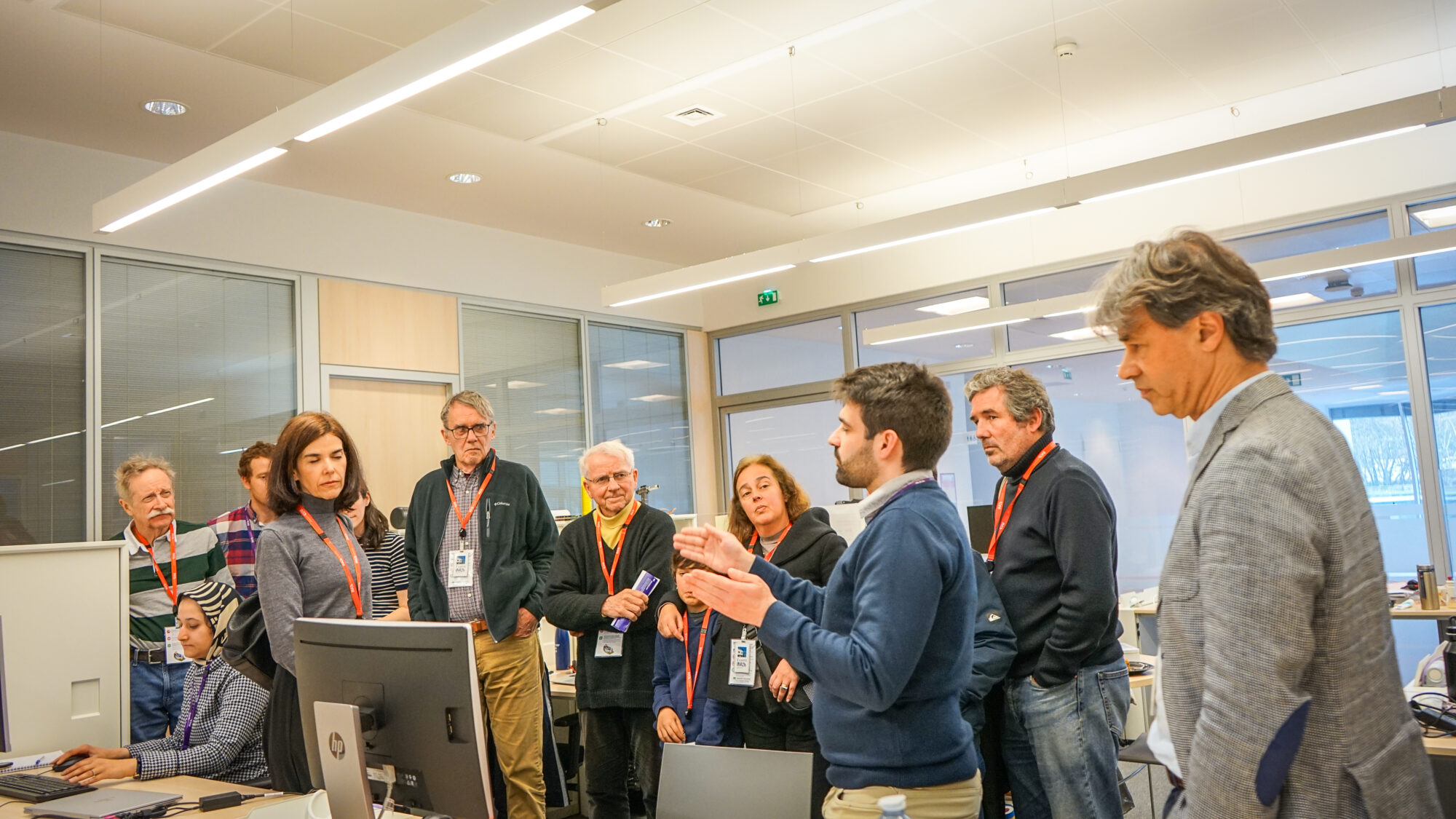The International Iberian Nanotechnology Laboratory (INL) is proud to announce the launch of the 2025 Photo Contest, inviting photography enthusiasts, researchers, and creatives from across Europe to capture the beauty of science through the lens of creativity. As part of European Researchers’ Night 2025, this contest aims to celebrate the intersection of science and visual storytelling, encouraging participants to explore and document the wonders of scientific discovery, technological innovation, and the unseen world of nanotechnology. A Celebration of Science through Photography The 2025 Photo Contest is open to participants from diverse backgrounds, including students, researchers, artists, and science communicators. Whether using a professional camera or a smartphone, contestants are encouraged to creatively interpret the contest’s theme and submit images that highlight the role of science in shaping our future. The world of science is filled with breathtaking moments that often go unnoticed. Through this contest, we aim to bring those moments to life, fostering a deeper connection between the public and the scientific community. How to Participate? The competition is open from January 31, 2025 to March 31, 2025, and submissions can be made via the official website: www.scaleexperiences.inl.int/photocontest2025. Participants can submit original photographs that capture the essence of science, technology, and innovation. A panel of experts in science, photography, […]
Read more


